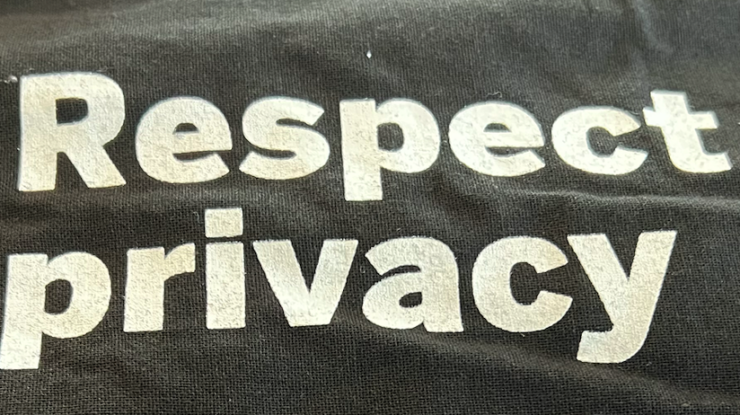My Globe and Mail op-ed opens by noting that after years of dismissing the warnings of likely retaliation, the Canadian government caved to U.S. pressure earlier this week as it cancelled the digital services tax. Faced with the U.S. suspension of trade negotiations, Finance Minister François-Philippe Champagne announced that the government would rescind the legislation that created it.
Latest Posts
Canadian Government Caves on Digital Services Tax After Years of Dismissing the Risks of Trade Retaliation
After years of dismissing the warnings of likely retaliation, the Canadian government caved last night on the digital services tax. Faced with the prospect of the U.S. suspending trade negotiations, Finance Minister François-Philippe Champagne announced that the government would drop the DST altogether, payments scheduled for Monday would be cancelled, and legislation will be forthcoming to rescind the legislation that created it in the first place. Over the weekend, I wrote about the repeated warnings that the DST was a serious trade irritant with the U.S. that cut across party and presidential lines. While ignoring the risks was bad enough, I argued that Canada played its DST card too early. Rather than delaying implementation in the hopes of incorporating it into a broader trade deal with U.S., it marched ahead, leading to an entirely predictable response from U.S. President Donald Trump. That left Canada in a no-win situation: stick with the DST but face the prospect of higher tariffs or embarrassingly drop the DST (and $7.2 billion in revenue over five years) with only restarting negotiations that were on until government overplayed its hand to show for it.
The Law Bytes Podcast, Episode 238: David Fraser on Why Bill C-2’s Lawful Access Powers May Put Canadians’ Digital Security At Risk
The Bill C-2 lawful access focus has thus far primarily centred on the creation of a new warrantless information demand power and the expansion of production orders to access information. Those provisions are found in Part 14 of the bill, but there is also a Part 15 that requires closer scrutiny. It grants law enforcement access to electronic service provider networks, including inspection, oversight, and demands regarding the equipment on their networks. At issue is everything from the use of end-to-end encryption to notifications of network vulnerabilities.
David Fraser is one of Canada’s leading privacy lawyers and he’s been sounding the alarm on the implications of those provisions. He joins the Law Bytes podcast to talk about the implications of Part 15 – aka the Supporting Authorized Access to Information Act – and what it means for network providers and the safety, security, and privacy of Canadians.
Ignoring the Warning Signs: Why Did the Canadian Government Dismiss the Trade Risks of a Digital Services Tax?
U.S. President Donald Trump announced yesterday that he was suspending trade negotiations with Canada due to the imminent implementation of the digital services tax (DST). The result could be increased tariffs on Canadian products and a stalemate on many of the current trade battles between the two countries. This result should not come as a surprise. Indeed, the prospect of a trade war over the DST has been readily apparent for years. In my Law Bytes podcast episode in May on Canadian digital policy under Prime Minister Mark Carney, it was the top short term issue (I did not anticipate burying lawful access in a border bill).
Just prior to Trump’s inauguration in January, I wrote:
Why Bill C-2 Faces a Likely Constitutional Challenge By Placing Solicitor-Client Privilege at Risk
The government’s inclusion of warrantless information demand powers in Bill C-2 has attracted mounting concern, particularly the stunning decision to target everyone who provides services in Canada which creates near limitless targets for warrantless disclosure demands. Department of Justice officials have confirmed that Bill C-2 extends far beyond just telecom companies to services such as financial institutions, car rental companies, and hotels. The inclusion of professional services that frequently face strict confidentiality obligations deserves greater scrutiny as the approach virtually guarantees a constitutional challenge alongside the challenge on privacy grounds in light of the previous Supreme Court of Canada rulings in Spencer and Bykovets.
The implications for the legal community, who face strict solicitor-client confidentiality requirements, are particularly notable. Under Bill C-2, lawyers could be compelled to confirm whether they have provided services to client, whether they have information about the client, and when they provided the service, including when a person became a client. If they are aware of other service providers, they must provide that information as well. These disclosure demands come without a warrant or court oversight and lawyers could be barred from advising their clients about the demand for a year. Lawyers would undoubtedly seek to challenge the demand, but would only have five days to do so.

























